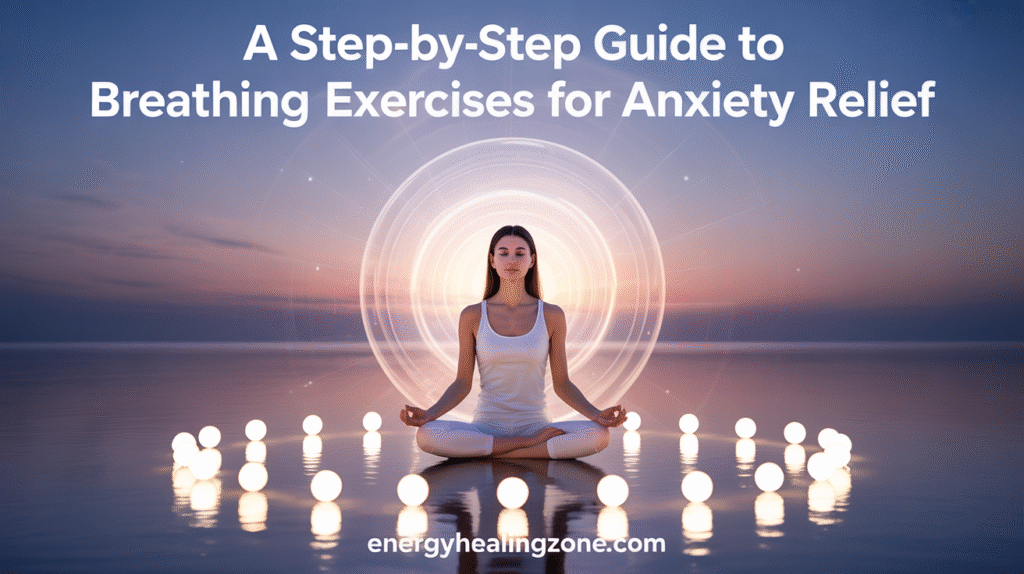Address
AVSSO 2242 SE 171st AVE Portland Oregon USA 97233
Work Hours
Monday to Friday: 7AM - 7PM
Weekend: 10AM - 5PM
Address
AVSSO 2242 SE 171st AVE Portland Oregon USA 97233
Work Hours
Monday to Friday: 7AM - 7PM
Weekend: 10AM - 5PM

Anxiety affects millions of people worldwide, manifesting as racing thoughts, rapid heartbeat, and overwhelming stress. While therapy and medication can help, breathing exercises for anxiety offer a natural, immediate way to regain control.
Scientific studies confirm that controlled breathing activates the parasympathetic nervous system, reducing cortisol (the stress hormone) and promoting relaxation. This guide explores 10 powerful breathing techniques, their benefits, and how to practice them correctly for maximum anxiety relief.
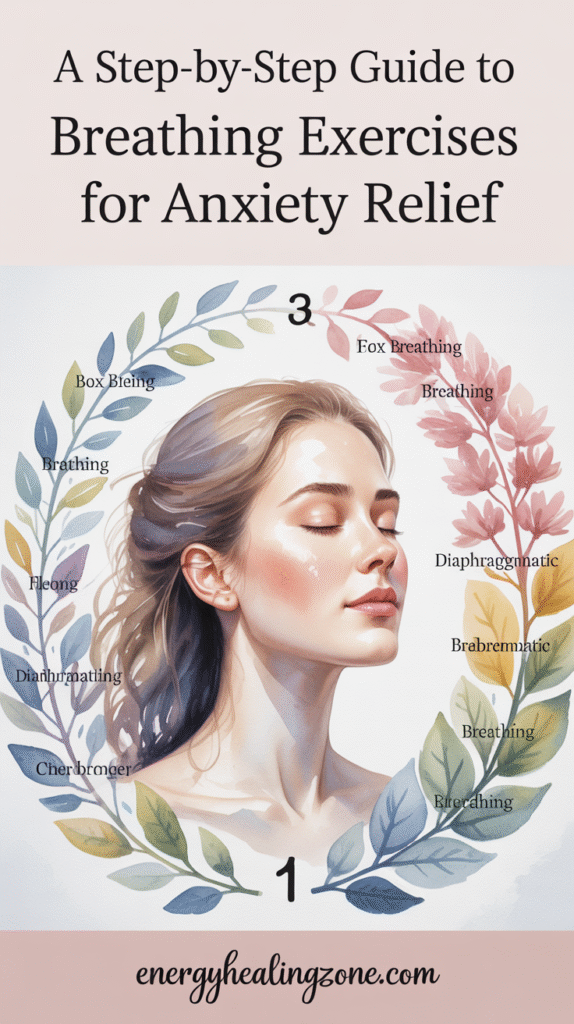
Before diving into the techniques, it’s important to understand why breathing exercises are so effective:
A 2017 study in Frontiers in Psychology found that slow-paced breathing significantly reduces anxiety symptoms within minutes.
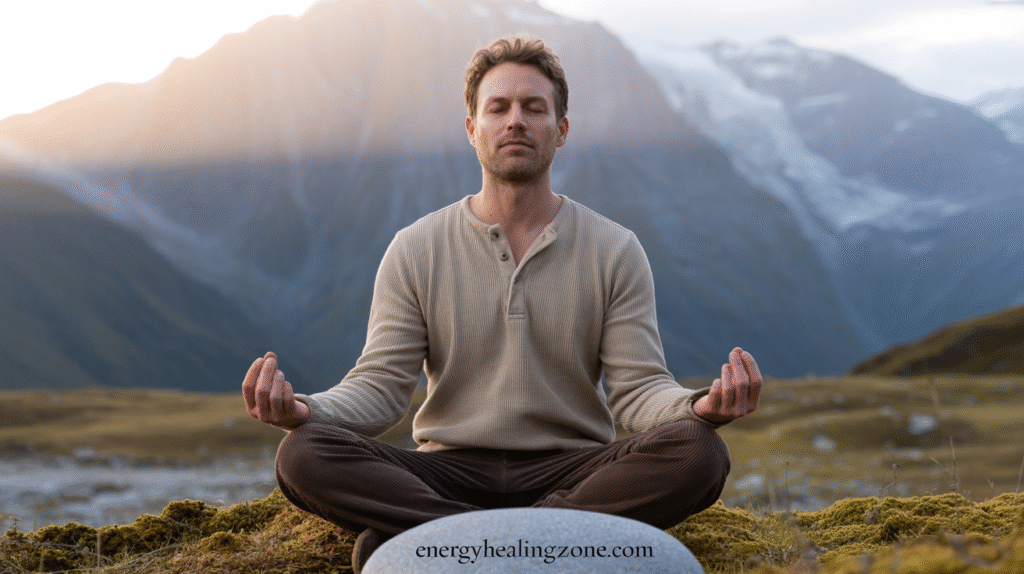
Best for: Instant relaxation, panic attacks
How to do it:
Science: Activates the vagus nerve, which calms the nervous system.
Best for: Falling asleep, acute anxiety
How to do it:
Why it works: Forces the body into deep relaxation by extending the exhale.
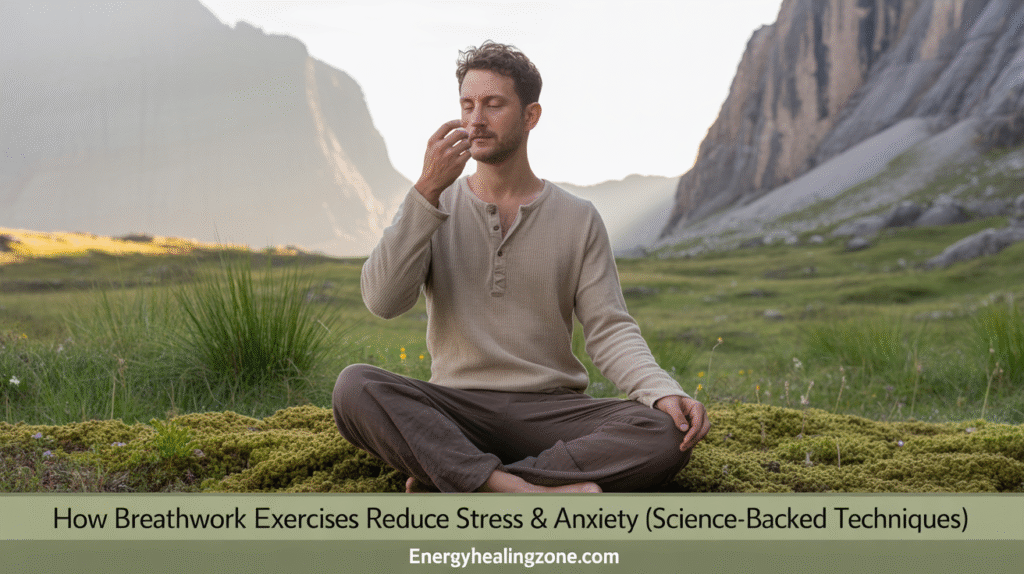
Best for: High-stress moments, focus
How to do it:
Used by: Military personnel to stay calm under pressure.
Best for: Balancing emotions, mental clarity
How to do it:
Benefits: Balances the left and right brain hemispheres.
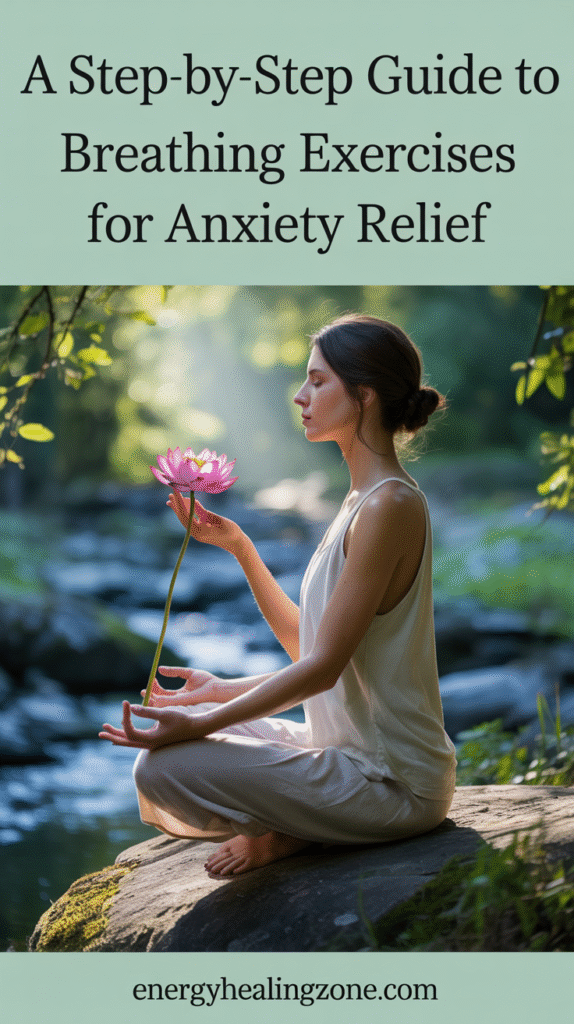
Best for: Shortness of breath, panic attacks
How to do it:
Effect: Slows breathing rate, prevents hyperventilation.
Best for: Releasing tension, anger
How to do it:
Why it helps: Releases facial and throat tension.
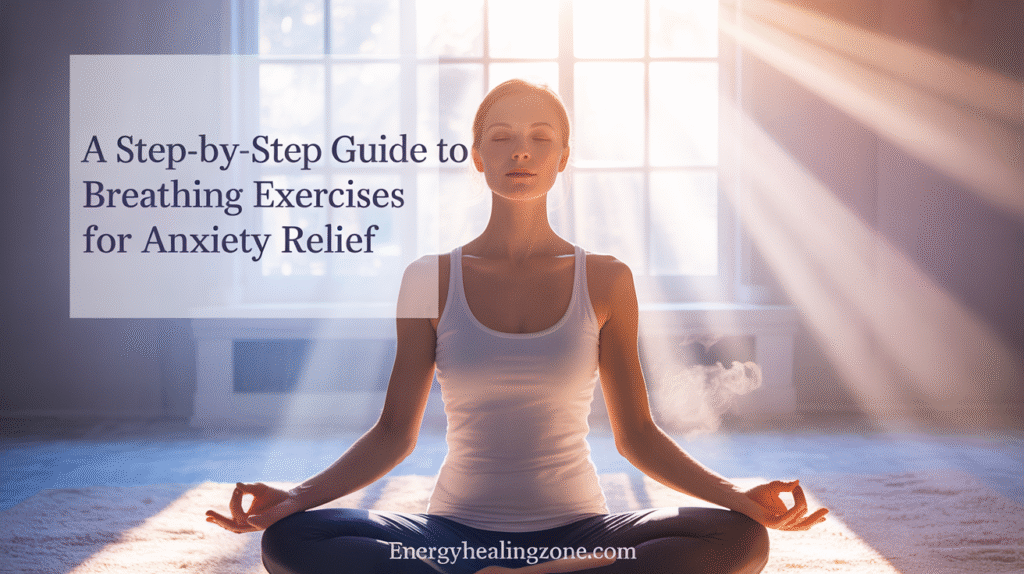
Best for: Long-term anxiety management
How to do it:
Research: Shown to improve heart rate variability (HRV), a marker of stress resilience.
Best for: Calming the mind quickly
How to do it:
Effect: The vibrations soothe the nervous system.
Best for: Full-body relaxation
How to do it:
Benefits: Combines breathwork with muscle relaxation.
Best for: Starting the day stress-free
How to do it:
Why it works: Releases overnight stiffness and stress.
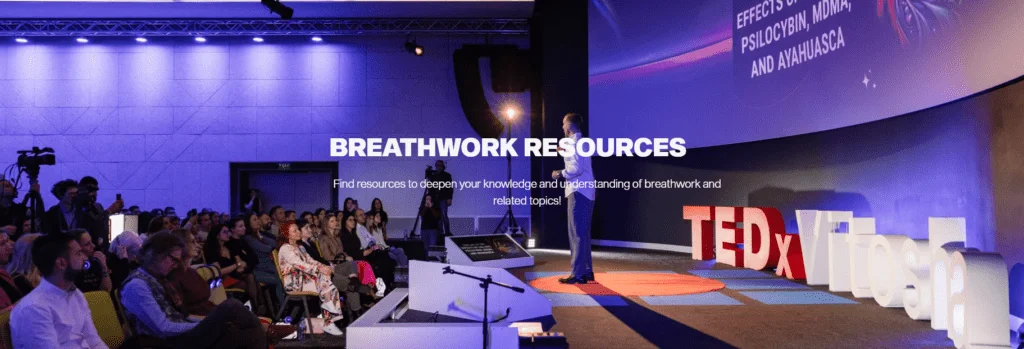
Breathing exercises for anxiety are free, portable, and scientifically proven to reduce stress. Whether you need instant calm (4-7-8 breathing) or long-term resilience (resonant breathing), these techniques can help.
Try one today and notice the difference!
Q: Can breathing exercises replace anxiety medication?
A: They can help but consult a doctor before making changes.
Q: Which exercise is best for panic attacks?
A: Pursed-lip breathing or 4-7-8 breathing work fastest.
Q: How long until I see results?
A: Some techniques work instantly; others show benefits in 2-4 weeks of daily practice.
